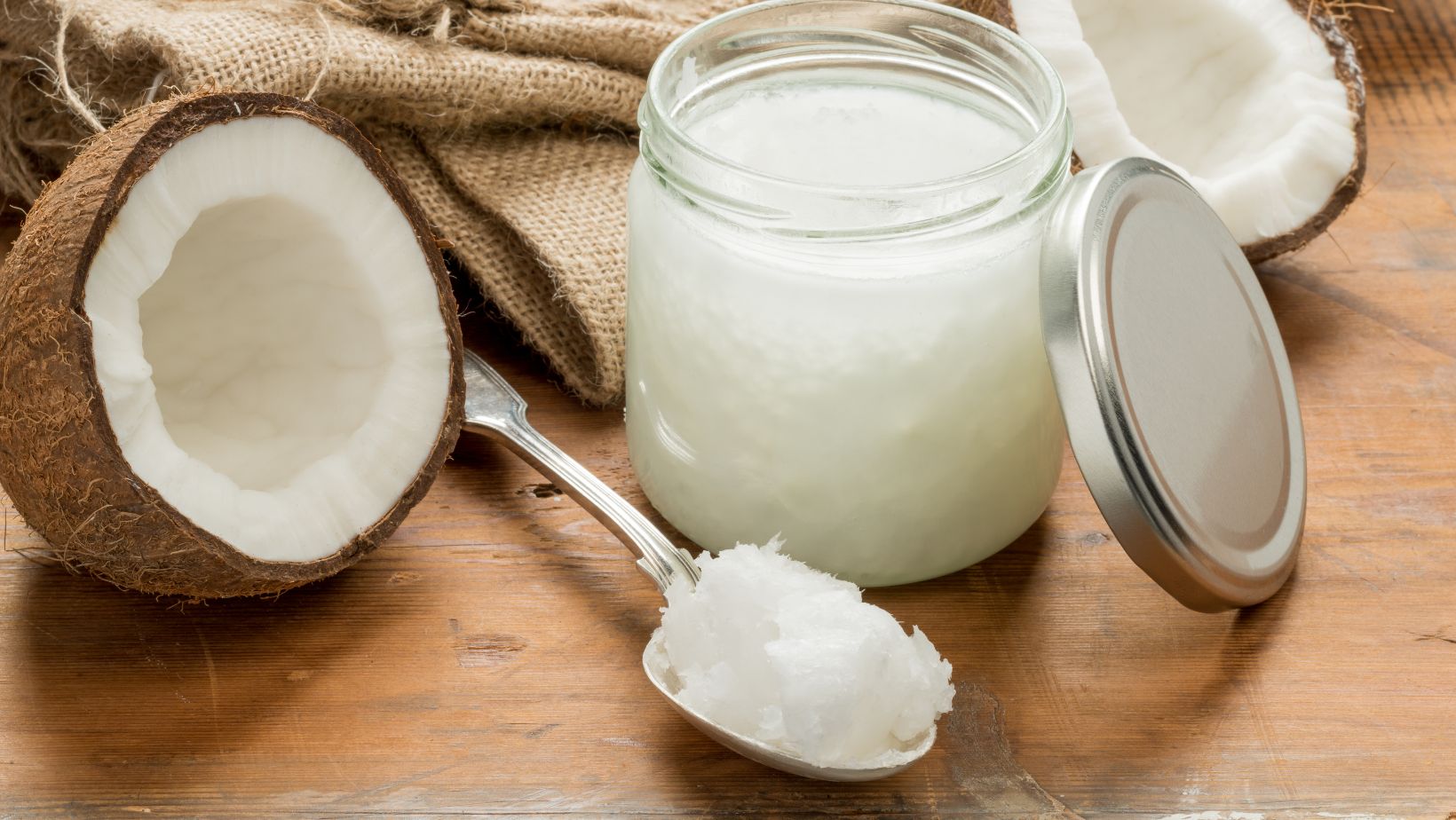
Understanding the Keto Diet
Before we dive into how coconut oil fits into the ketogenic diet, let’s make sure we’re all on the same page about what this popular eating plan entails. Essentially, the ketogenic or ‘keto’ diet is a high-fat, low-carb diet that has gained significant attention in recent years for its potential health benefits.
One of our primary energy sources are carbohydrates. But when you cut them out of your diet as you do with keto, your body needs an alternative fuel source. Here’s where fats come in handy! When we drastically reduce carb intake and replace it with fat, our bodies enter a metabolic state known as ketosis. In this state, instead of burning carbs for energy, our bodies become incredibly efficient at burning fat.
Now here comes the part where coconut oil enters the picture. As one might guess due to its high concentration of medium-chain triglycerides (MCTs), coconut oil can be quite beneficial for those following a ketogenic lifestyle. We’ll get more into details later on in this article but just know that MCTs are easy for your body to break down and convert into ketones – essential fuel for those on keto.
Nutritional Profile of Coconut Oil
Delving into the world of keto, we’ve all wondered: Is coconut oil good for keto? Well, let’s first take a look at the nutritional profile of this tropical treasure.
Coconut oil stands out due to its high concentration of saturated fat. To be precise, nearly 80% to 90% of the oil is saturated fat! This might sound alarming initially, but don’t jump to conclusions yet. These aren’t your run-of-the-mill fats; they’re medium-chain triglycerides (MCTs), which are processed differently by our bodies.
The beauty of MCTs is in their metabolism. Unlike longer chain fats, MCTS head straight from your gut to your liver where they can be utilized as an instant energy source or converted into ketones. Ketones are substances produced when the liver breaks down a lot of fat and they play a starring role in the ketogenic diet.
Here’s why that’s significant: In a ketogenic diet, it’s crucial to minimize carb intake and increase fat consumption so that our bodies switch from using glucose for energy to using ketones derived from fats. That’s where coconut oil steps in with its bounty of MCTs ready to be transformed into ketones!
While there’s no denying the potential benefits of coconut oil for a keto diet, it’s important to remember that moderation is key. Like any oil or fat, coconut oil is calorie-dense – around 120 calories per tablespoon. So, while it can be a beneficial addition to your keto journey, you’ll want to ensure you’re incorporating it into your meals in a balanced way.

Is Coconut Oil Good For Keto
Coconut oil has become quite popular among those pursuing a ketogenic diet. Here’s why: It’s rich in Medium Chain Triglycerides (MCTs), which the body can quickly convert into ketones. Ketones, as you may know, are the energy source your body taps into when carbs are scarce.
When it comes to MCTs specifically found in coconut oil, there are four types: caproic acid (C6), caprylic acid (C8), capric acid (C10), and lauric acid (C12). Each of these plays a crucial role on a keto diet:
- Caprylic Acid (C8) is known for its rapid conversion into energy.
- Capric Acid (C10) also converts relatively quickly and helps maintain gut health.
- Lauric Acid (C12) digests more slowly but offers longer-lasting energy.
Now you might be asking how much coconut oil should be included in your keto diet? There isn’t a one-size-fits-all answer to this question because it depends on various factors like your overall macro goals and individual metabolic response. However, adding 1-2 tablespoons of coconut oil daily could be beneficial for most people following the keto lifestyle.
Another way of incorporating coconut oil into your diet is by using it as cooking fat. It’s got high heat stability making it an excellent choice for sautéing or frying foods without worrying about oxidation. Plus, let’s not forget that unique tropical flavor that adds an aromatic twist to any dish!
